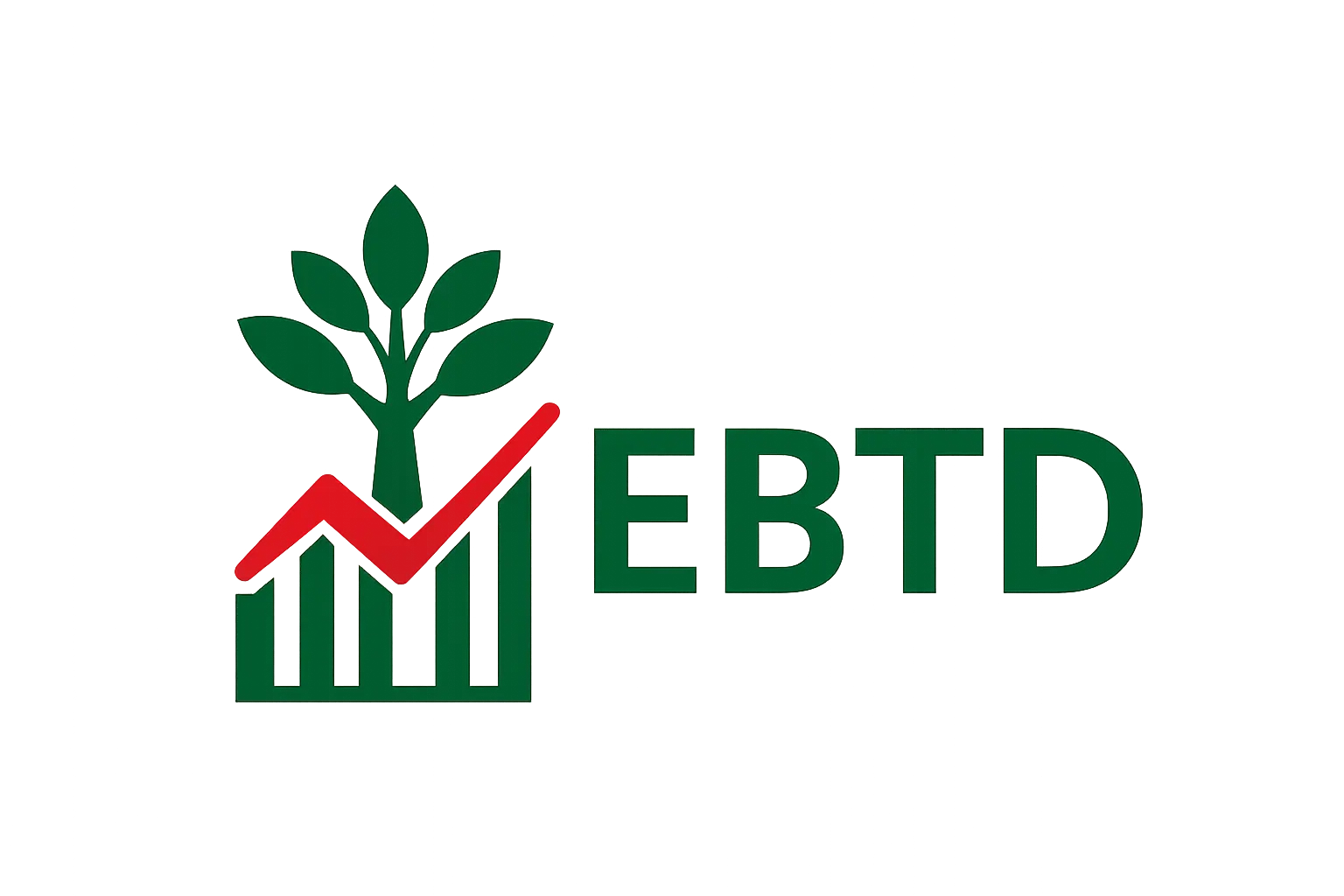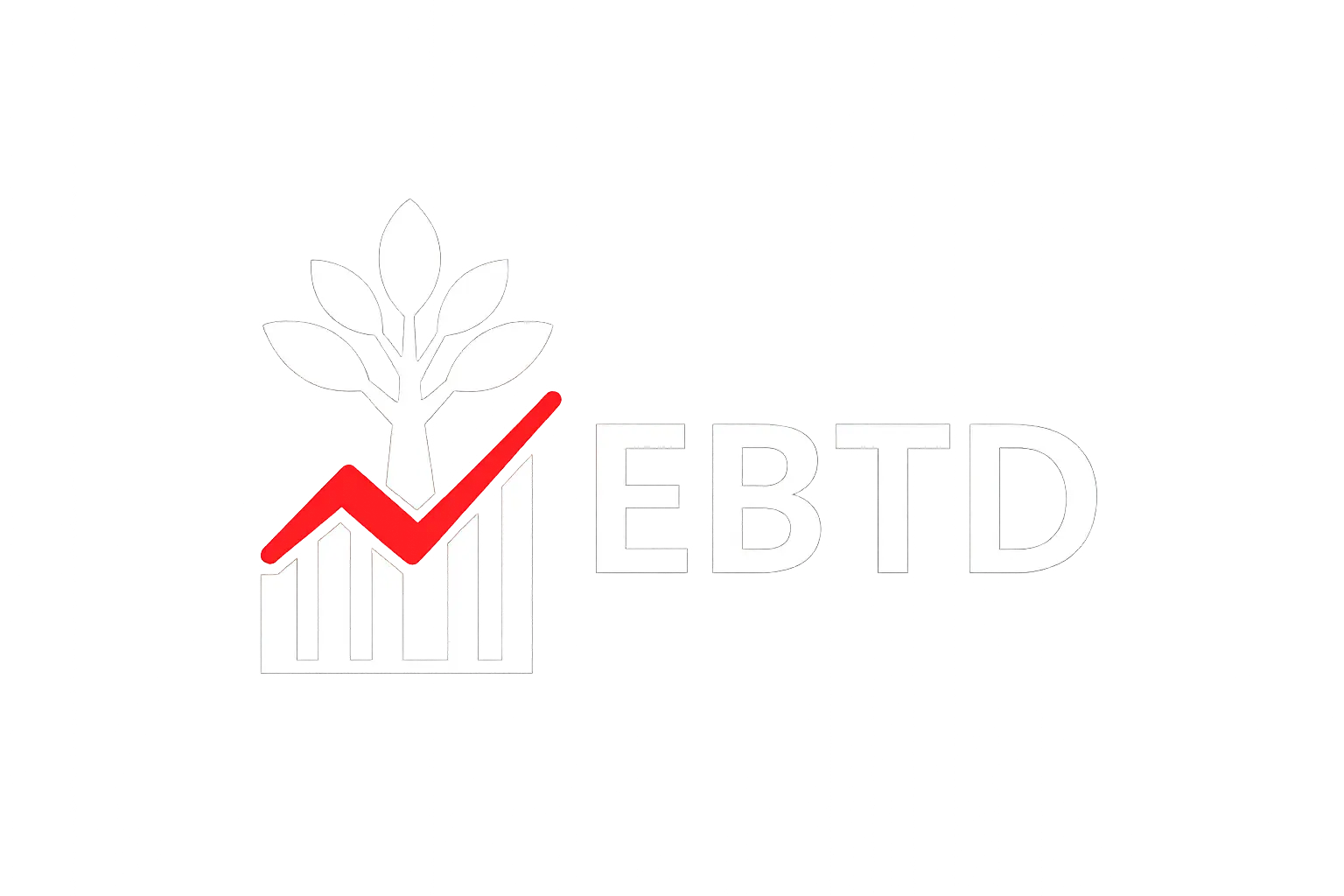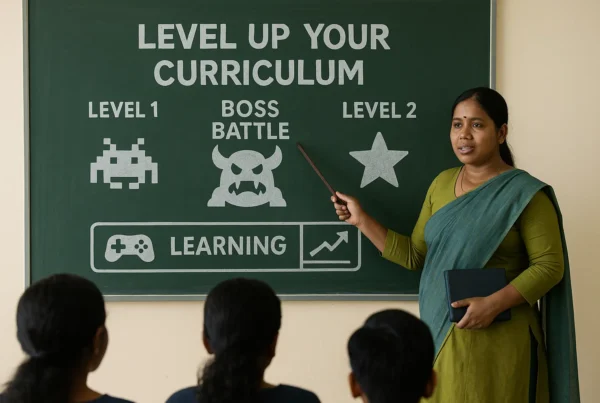Formative Assessment in Bangladesh: Ready in Spirit, Stuck in Practice
When Bangladesh launched the National Curriculum Framework (NCF 2021), formative assessment was placed at the centre. No longer just grades and final exams — formative assessment was meant to make classrooms about learning in progress, not just learning at the end.
But a recent study by Kanu Kumar Ghosh (2025) raises tough questions: are teachers ready to deliver on this vision?
গবেষণায় যা পাওয়া গেছে
The study surveyed 71 secondary teachers and interviewed school leaders in Narail district. The findings are stark:
-
Overall readiness is low – Teachers scored just 4.57/10 for readiness to implement formative assessment.
-
Knowledge is shallow – While most knew about formative assessment in theory, they lacked depth on how to align it with curriculum or involve students in the process.
-
Skills are uneven –
-
Stronger at giving feedback (4.83/10) and analysing results (4.82/10).
-
Weaker at designing formative assessment tasks (3.93), using assessment data to adapt teaching (3.75), and integrating digital tools (2.87).
-
-
Attitudes are positive but blocked by culture – Teachers see formative assessment as valuable, but Bangladesh’s exam-driven system pushes them back to traditional tests.
-
Barriers are systemic – Large class sizes, lack of training, low digital literacy, and little institutional support leave teachers isolated.
কেন এটা গুরুত্বপূর্ণ
In our earlier blog on the Fear of Failure in Bangladeshi Schools, we highlighted how high-stakes exams and error-averse classrooms create a culture where both students and teachers play safe. Mistakes are feared, silence feels safer than speaking, and learning becomes about avoiding failure rather than building understanding.
This new study reinforces that picture. Even though teachers believe in formative assessment, they don’t yet have the skills, training, or system conditions to create the kind of error-friendly classrooms where formative assessment thrives. Without change, it risks becoming just another policy buzzword.
Breaking the Loop: Practical Steps Forward
So what can teachers, schools, and leaders do — backed by evidence?
1. Shift Feedback from Teacher-Only to Shared Responsibility
-
Evidence shows teachers cannot shoulder all feedback in classes of 50–60.
-
Introduce self-assessment (exit tickets, checklists) and peer feedback (two stars and a wish, error hunts).
-
Research shows these practices improve engagement, ownership, and accuracy over time, and they reduce teacher workload.
2. Normalise Mistakes as Learning Opportunities
-
The “Fear of Failure” evidence shows that error-hostile classrooms stop students from engaging with feedback.
-
Teachers can model error analysis (e.g., showing common mistakes anonymously and discussing them openly).
-
This builds a “psychological safety net” where students dare to reflect and respond.
3. Design Simple, Workload-Friendly Formative Assessment Tasks
-
Ghosh’s study showed teachers struggled most with designing formative assessment.
-
Start small: one exit ticket at the end of a lesson; one multiple-choice question with reasoning; one quick confidence rating.
-
These build evidence without overwhelming the teacher.
4. Use Whole-Class Feedback to Save Time
-
Instead of marking every script, sample 10, look for patterns, and give targeted whole-class feedback.
-
Evidence suggests this reduces workload and makes feedback more actionable.
5. Leadership and Parent Engagement
-
Both studies highlight systemic barriers: exam pressure, parental expectations, institutional inertia.
-
Leaders can legitimise formative assessment by observing and valuing it in classrooms.
-
Parents can be educated that feedback, mistakes, and reflection are not wasted time but the pathway to stronger results.
চূড়ান্ত চিন্তা
The evidence is clear: Bangladeshi teachers are willing but not yet ready for formative assessment. Their positive attitudes are squeezed by exam culture, heavy workload, and lack of support.
But readiness is not fixed. With training, leadership support, and a cultural shift towards valuing learning over grades, formative assessment can move from theory to practice. And when that happens, Bangladesh’s classrooms can become places where feedback isn’t feared but embraced — by teachers and students alike.
If you found this useful, join the EBTD newsletter for monthly, research-backed tips, free classroom tools, and updates on our training in Bangladesh—no spam, just what helps. Sign up to the newsletter and please share this blog with colleagues or on your social channels so more teachers can benefit. Together we can improve outcomes and change lives.
তথ্যসূত্র
-
Ghosh, K. K. (2025). Exploring teachers’ readiness for the implementation of formative assessment at secondary education in Bangladesh. North South University: School of Education and Social Sciences. Available at: https://www.northsouth.edu/newassets/images/SIPG/2.-exploring-teachers%E2%80%99-readiness-for-the-implementation-of-formative-assessment-at-secondary-education-in-bangladesh-kanu-kumar-ghosh-compressed.pdf





